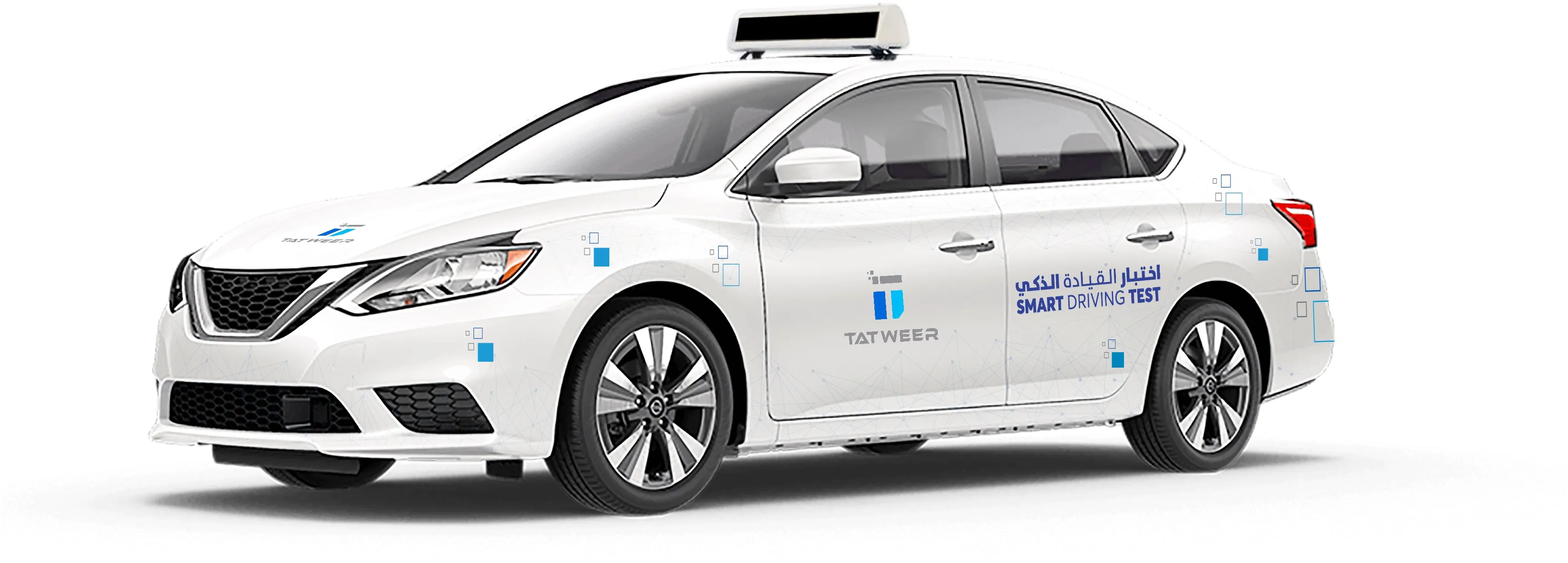Marcus Nyström, researcher at the Lund University Humanities Lab, in Sweden, has revealed that the lab is currently developing a product that will be able to test if a person is too tired to drive. The project uses eyetracking, where a driver is required to follow a moving ball and his eye movements and pupil reactions are evaluated to determine if he/she is too tired to drive safely.
April 18, 2012
Read time: 2 mins
RSSMarcus Nyström, researcher at the Lund University Humanities Lab, in Sweden, has revealed that the lab is currently developing a product that will be able to test if a person is too tired to drive. The project uses eyetracking, where a driver is required to follow a moving ball and his eye movements and pupil reactions are evaluated to determine if he/she is too tired to drive safely.
The project has already tested 24 people in cooperation with the Swedish National Road and Transport Research Institute (VTI) in Linköping. Initial reports seem to confirm that the theory can work in practice. According to Christer Ahlström of VTI, a product of this nature would be in high demand by police forces, who are interested in finding an efficient way to measure how tired a driver is.
Under Swedish law, drivers are forbidden to drive motor vehicles when they are too tired. To date, however, there is no tool for accurately measuring this.
The project has already tested 24 people in cooperation with the Swedish National Road and Transport Research Institute (VTI) in Linköping. Initial reports seem to confirm that the theory can work in practice. According to Christer Ahlström of VTI, a product of this nature would be in high demand by police forces, who are interested in finding an efficient way to measure how tired a driver is.
Under Swedish law, drivers are forbidden to drive motor vehicles when they are too tired. To date, however, there is no tool for accurately measuring this.










